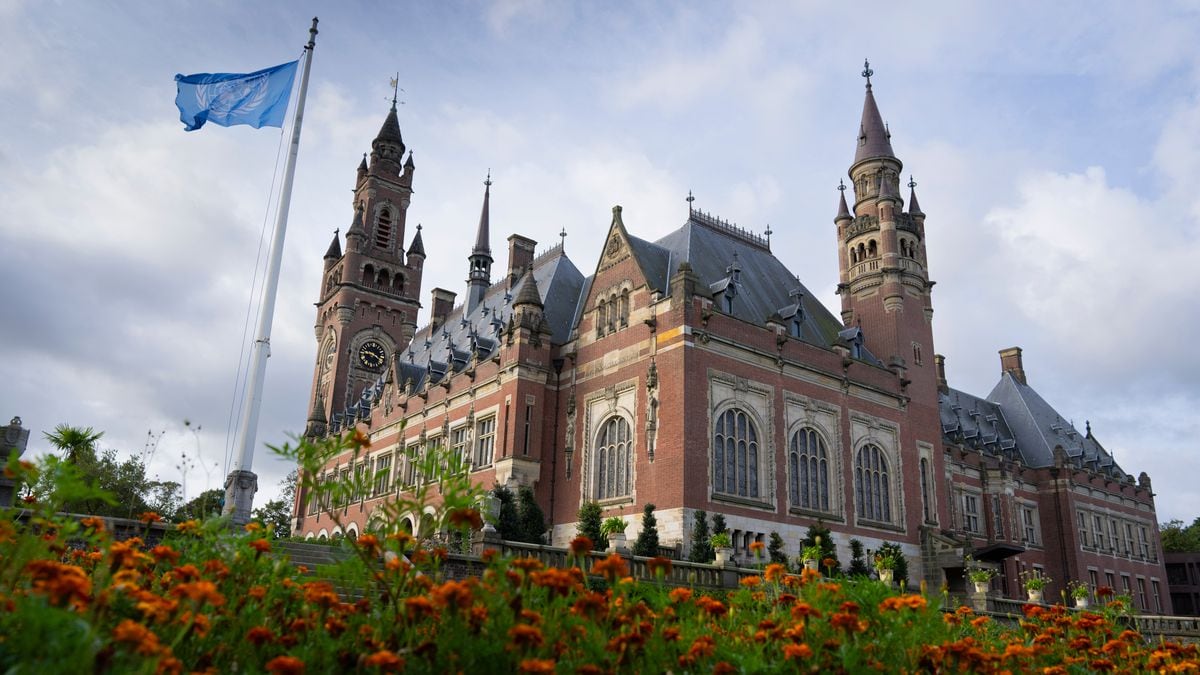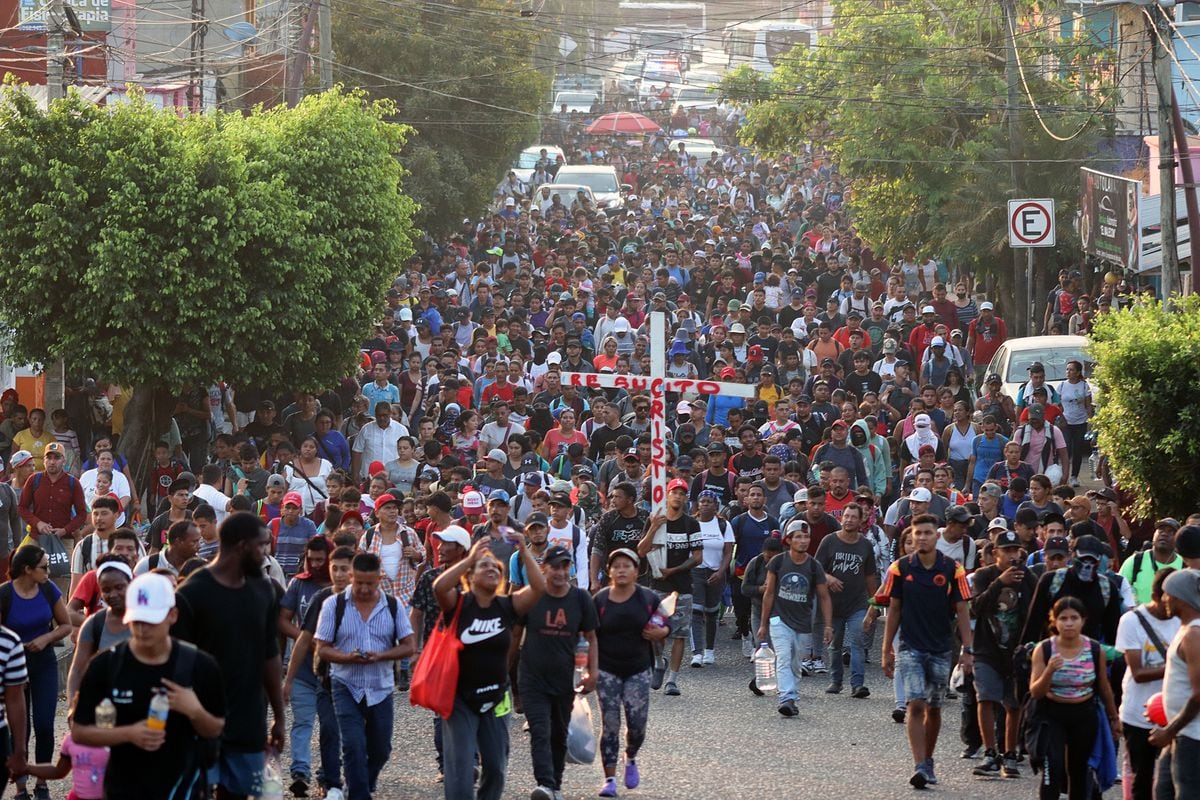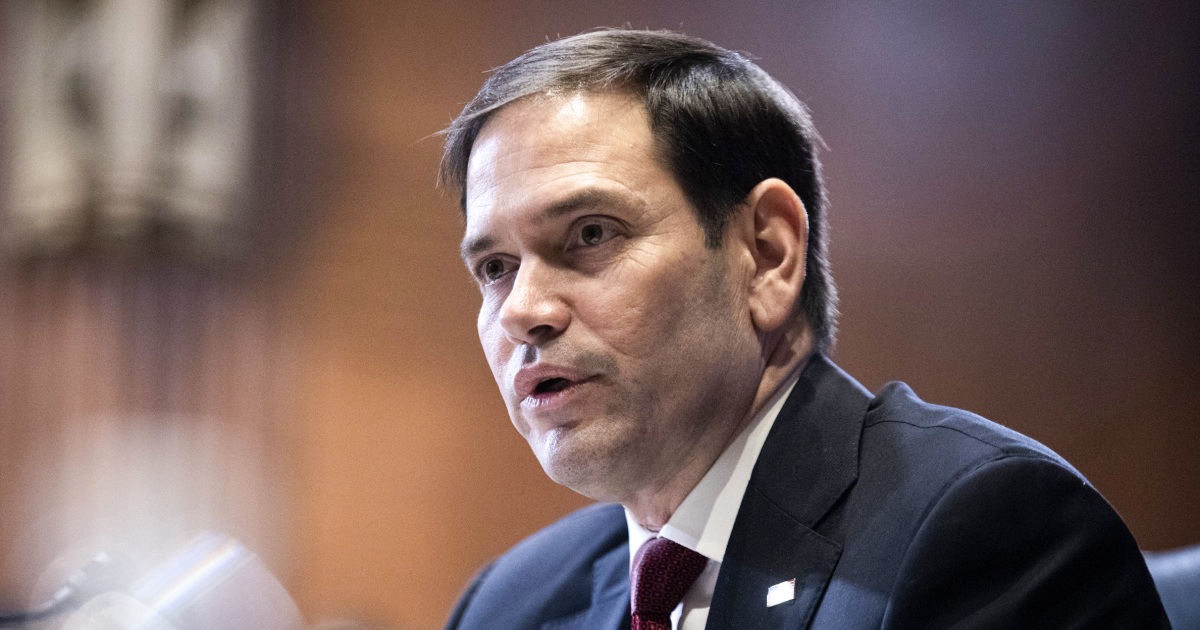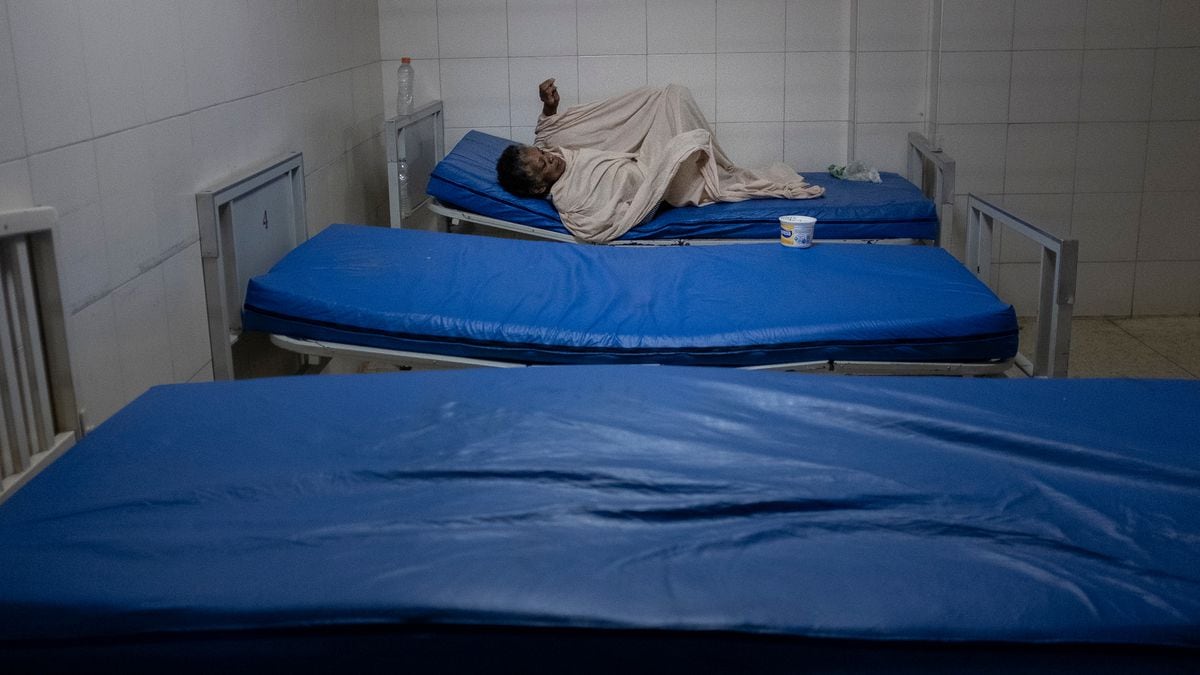(CNN Spanish) -
«Exhausted», Nailé Carrero says she feels after six days of walking.
The tour began in Carabobo, in the western center of Venezuela, with the idea of crossing the border in search of a better future, he says.
He says that the money was not enough for him to eat and much less to undertake a trip by other means than his own legs.
For her, staying was no longer an option.
He is accompanied by six of his seven children.
He assures that it was for them that he decided to return from Peru to Venezuela in the midst of the pandemic, in a similar odyssey.
The economic and political crisis, problems that he considers rebounded during the time he was absent, drove the idea of trying again in his own land from his mind.
He decided, then, to drag his suitcase again in search of another opportunity, but this time with his children, as he considers he had a bad experience leaving them with friends.
He says that he hopes everything will be better, although he does not have a plan and does not yet know what is on the other side of that border that he will cross illegally, since Colombia currently only allows the entry of residents or citizens.
Illegal charges at checkpoints?
Nailé Carrero affirms that going through both military and police checkpoints leaves a bad taste in his mouth.
Complaint that they asked her for money and goods in exchange for letting her pass through the checkpoints, at a time when transit restrictions between states persist in the midst of the pandemic.
He says that since he did not have resources, he had to resort to alternate routes that, in many cases, involved making his way through mountains with his children.
The youngest of them does not reach two years.
«The log with the police, with the guards, they made us go up the hill, the people helped us ... get up here, go up the hills with the baby, with the bags ... some checkpoints that they did leave us and others that we didn't, we had to crossing mountains and all that, going downhill, horrible ”, recalls Nailé.
The National Assembly, chaired by Juan Guaidó, says it has received complaints about the alleged actions of security officials against migrants.
Carlos Valero, deputy for Un Nuevo Tiempo, said that "unfortunately there is a new wave of forced migration, of Venezuelans who are fleeing the terrible crisis promoted by the regime, and who are harassed by military officials and police along the way."
CNN contacted the Venezuelan Ministry of Interior and Justice and Defense to find out their reaction to the allegations.
However, at the moment we have not received a response.
LEE
: Human Rights Watch denounces abuses against Venezuelan returnees in new report
Sleeping on mats in the rain
Nailé Carrero says that during the journey they had to sleep in the open when they did not have someone to offer them a roof to protect themselves from the long and tortuous routes.
"We have also had to sleep outside because we have not had help to stay in houses ... we have had to sleep on a quilt," says Nailé, adding that in many cases it was even in the rain.
But he also says that, in a very special way, those who reached out to him with expressions of solidarity remain in his memory, and he emphasizes that on several occasions they gave them food.
In search of a better future
Very close to where Nailé took a breath to continue on his way, in Capacho, a town very close to the border with Colombia, was Rafael Mujica.
In his case, there were already three days of walking on the highways, since he says that he began his journey in the Portuguese state, in the central western plains of Venezuela.
"I'm leaving the country, it's not because I want to, but because I have a son and I want to give him a better future, and to be able to buy him certain things, clothes, feed him, his little things," Mujica justifies his decision to leave.
His experience was not easy either.
He says that the route has been full of dangers: “It is a bit tough, it was a bit difficult for us and we cannot trust everyone.
A boy wanted to give us support, guiding us, and it turns out that he was diverting us to another place to rob us ».
In his case, he decided to leave alone but for his family, whom he claims to have in mind and heart.
He says that it was especially with the desire to obtain resources so that they enjoy a happy Christmas: «I thought of my son, his clothes, his premieres, my wife, so, no matter how much, I want to help them, I want to collaborate with them and not I've been able to.
The little I have is barely enough to survive, so we don't even have enough for a pair of shoes ».
He warns that on the route he also had to circumvent the checkpoints of security personnel.
Mujica expresses that he is close to reaching the goal and, although he does not have a defined plan, he was confident that once he crosses his situation he will improve.
MIRA
: Plasticine cartoons capture drama of Venezuelan migrants who came to Colombia on foot
Maduro: 200,000 Venezuelans have returned
According to a balance that the questioned President Nicolás Maduro offered this Sunday, during the pandemic some 200,000 Venezuelans returned to the country.
The government assures that 70,000 of them did it illegally, that is, through the so-called trails or alternate roads.
They are citizens who had left in the middle of the political crisis, but who returned amid the impact of covid-19 on the economy of the countries where they were located.
Migration Colombia is already beginning to speak of a second wave of immigration of Venezuelans, and affirms that the situation forced them to reinforce military border controls on October 14 with the aim of avoiding transit through the illegal crossings.
Migración Colombia also indicates that, as of July 30, there were more than 1,700,000 Venezuelans in that country.
Meanwhile, the United Nations High Commissioner for Refugees and the International Organization for Migration estimate that nearly 5.5 million Venezuelans qualify as migrant refugees, or asylum seekers, mostly in Latin American and Caribbean countries.
Venezuelan immigrants






